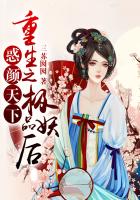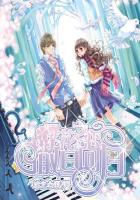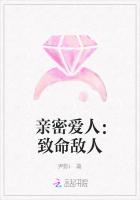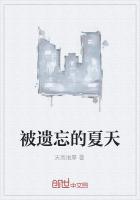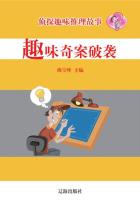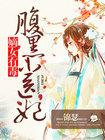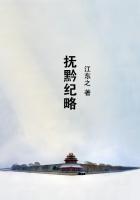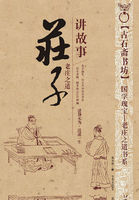In the spring list of Mr Jedwood's publications, announcement was made of a new work by Alfred Yule. It was called 'English Prose in the Nineteenth Century,' and consisted of a number of essays (several of which had already seen the light in periodicals)strung into continuity. The final chapter dealt with contemporary writers, more especially those who served to illustrate the author's theme--that journalism is the destruction of prose style: on certain popular writers of the day there was an outpouring of gall which was not likely to be received as though it were sweet ointment. The book met with rather severe treatment in critical columns; it could scarcely be ignored (the safest mode of attack when one's author has no expectant public), and only the most skilful could write of it in a hostile spirit without betraying that some of its strokes had told. An evening newspaper which piqued itself on independence indulged in laughing appreciation of the polemical chapter, and the next day printed a scornful letter from a thinly-disguised correspondent who assailed both book and reviewer. For the moment people talked more of Alfred Yule than they had done since his memorable conflict with Clement Fadge.
The publisher had hoped for this. Mr Jedwood was an energetic and sanguine man, who had entered upon his business with a determination to rival in a year or so the houses which had slowly risen into commanding stability. He had no great capital, but the stroke of fortune which had wedded him to a popular novelist enabled him to count on steady profit from one source, and boundless faith in his own judgment urged him to an initial outlay which made the prudent shake their heads. He talked much of 'the new era,' foresaw revolutions in publishing and book-selling, planned every week a score of untried ventures which should appeal to the democratic generation just maturing;in the meantime, was ready to publish anything which seemed likely to get talked about.
The May number of The Current, in its article headed 'Books of the Month,' devoted about half a page to 'English Prose in the Nineteenth Century.' This notice was a consummate example of the flippant style of attack. Flippancy, the most hopeless form of intellectual vice, was a characterising note of Mr Fadge's periodical; his monthly comments on publications were already looked for with eagerness by that growing class of readers who care for nothing but what can be made matter of ridicule. The hostility of other reviewers was awkward and ineffectual compared with this venomous banter, which entertained by showing that in the book under notice there was neither entertainment nor any other kind of interest. To assail an author without increasing the number of his readers is the perfection of journalistic skill, and The Current, had it stood alone, would fully have achieved this end. As it was, silence might have been better tactics. But Mr Fadge knew that his enemy would smart under the poisoned pin-points, and that was something gained.
On the day that The Current appeared, its treatment of Alfred Yule was discussed in Mr Jedwood's private office. Mr Quarmby, who had intimate relations with the publisher, happened to look in just as a young man (one of Mr Jedwood's 'readers') was expressing a doubt whether Fadge himself was the author of the review.
'But there's Fadge's thumb-mark all down the page,' cried Mr Quarmby.
'He inspired the thing, of course; but I rather think it was written by that fellow Milvain.'
'Think so?' asked the publisher.
'Well, I know with certainty that the notice of Markland's novel is his writing, and I have reasons for suspecting that he did Yule's book as well.'
'Smart youngster, that,' remarked Mr Jedwood. 'Who is he, by-the-bye?'
'Somebody's illegitimate son, I believe,' replied the source of trustworthy information, with a laugh. 'Denham says he met him in New York a year or two ago, under another name.
'Excuse me,' interposed Mr Quarmby, 'there's some mistake in all that.'
He went on to state what he knew, from Yule himself, concerning Milvain's history. Though in this instance a corrector, Mr Quarmby took an opportunity, a few hours later, of informing Mr Hinks that the attack on Yule in The Current was almost certainly written by young Milvain, with the result that when the rumour reached Yule's ears it was delivered as an undoubted and well-known fact.
It was a month prior to this that Milvain made his call upon Marian Yule, on the Sunday when her father was absent. When told of the visit, Yule assumed a manner of indifference, but his daughter understood that he was annoyed. With regard to the sisters who would shortly be living in London, he merely said that Marian must behave as discretion directed her. If she wished to invite the Miss Milvains to St Paul's Crescent, he only begged that the times and seasons of the household might not be disturbed.
As her habit was, Marian took refuge in silence. Nothing could have been more welcome to her than the proximity of Maud and Dora, but she foresaw that her own home would not be freely open to them; perhaps it might be necessary to behave with simple frankness, and let her friends know the embarrassments of the situation. But that could not be done in the first instance; the unkindness would seem too great. A day after the arrival of the girls, she received a note from Dora, and almost at once replied to it by calling at her friends' lodgings. A week after that, Maud and Dora came to St Paul's Crescent; it was Sunday, and Mr Yule purposely kept away from home. They had only been once to the house since then, again without meeting Mr Yule. Marian, however, visited them at their lodgings frequently; now and then she met Jasper there. The latter never spoke of her father, and there was no question of inviting him to repeat his call.
In the end, Marian was obliged to speak on the subject with her mother. Mrs Yule offered an occasion by asking when the Miss Milvains were coming again.

